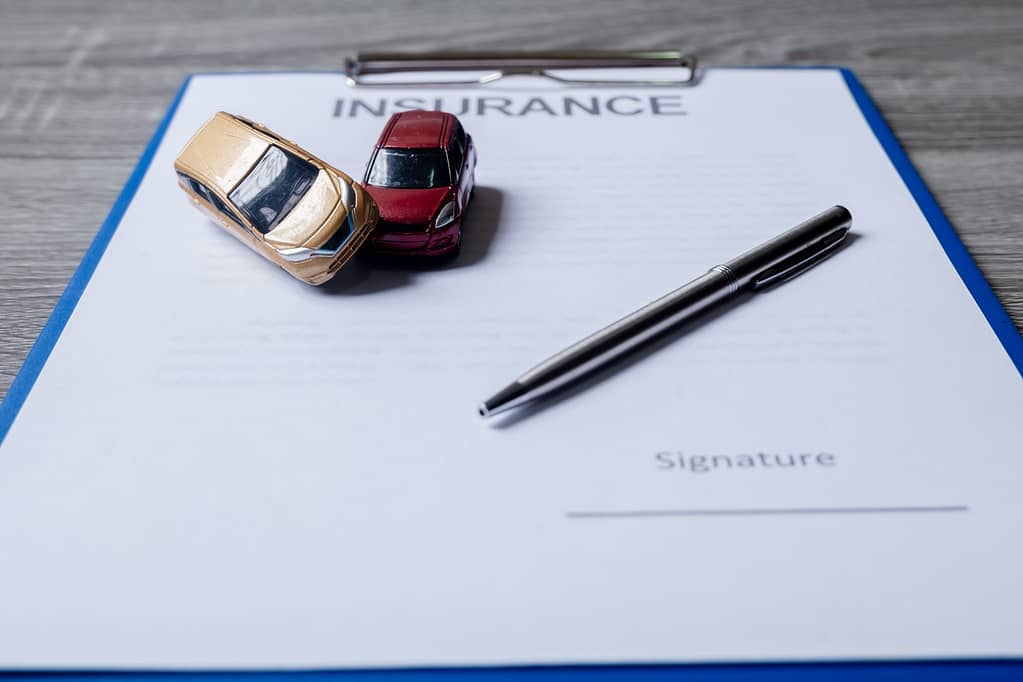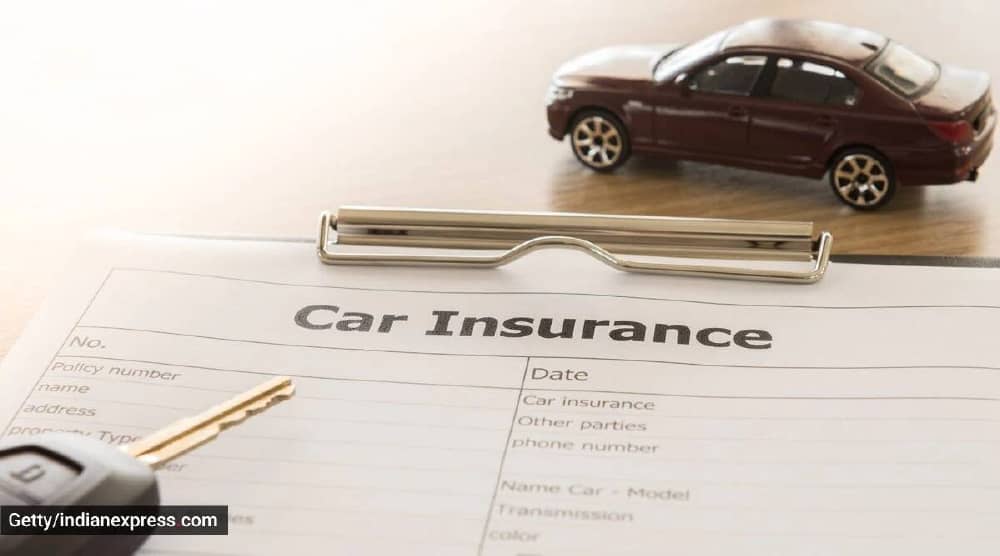Introduction
Best Insurance for Financed Cars: When it comes to owning a financed car, one of the most critical aspects to consider is insurance. Insuring your financed vehicle adequately is not only a legal requirement in many places, but it also provides essential protection for your investment.We understand the significance of securing your financed car with the right insurance coverage. In this comprehensive guide, we will delve into the best insurance options for financed cars, ensuring you make informed decisions to protect your valuable asset.

Understanding the Importance of Insurance for Financed Cars
Before we delve into the various insurance options available, let’s highlight why having the right insurance is crucial for financed vehicles. When you finance a car, you essentially borrow money from a lender to purchase it, and until the loan is paid off, the lender technically owns the vehicle. As such, they require assurance that their investment is safeguarded in case of unforeseen events.
If your financed car is involved in an accident, stolen, or damaged, insurance coverage can save you from financial ruin. Comprehensive insurance not only protects the lender’s interests but also offers you peace of mind, knowing that you won’t be left with a hefty loan balance for a vehicle you no longer possess.
1. Collision Insurance
Collision insurance is an essential component of insurance coverage for financed cars. It specifically covers damages caused to your vehicle in the event of a collision with another car or object, regardless of who is at fault. In the unfortunate event of an accident, this coverage will ensure that the necessary repairs or replacement costs are taken care of, reducing the financial burden on you.
2. Comprehensive Insurance
In addition to collision coverage, comprehensive insurance is a must-have for financed cars. This type of insurance protects your vehicle from damages resulting from incidents other than collisions. These may include theft, vandalism, natural disasters, falling objects, and even animal collisions. With comprehensive coverage, you can rest assured that you’re protected from a wide range of potential risks.
3. Liability Insurance
While collision and comprehensive insurance focus on protecting your own vehicle, it’s crucial to consider the well-being of others on the road as well. Liability insurance is designed to cover the costs of bodily injury and property damage to other parties if you are found responsible for an accident. Many states require a minimum level of liability insurance, making it a legal necessity.
4. GAP Insurance
When you finance a car, there is a possibility that your outstanding loan balance might exceed the actual cash value of the vehicle in the early years of ownership. This scenario is known as being “upside-down” on your loan. In such cases, GAP insurance becomes invaluable. It covers the “gap” between the car’s actual cash value and the remaining loan balance, ensuring you don’t end up paying out of pocket for a car you no longer possess.
5. Uninsured/Underinsured Motorist Coverage
Unfortunately, not all drivers on the road maintain adequate insurance coverage. To protect yourself in the event of an accident with an uninsured or underinsured driver, consider adding uninsured/underinsured motorist coverage to your insurance policy. This coverage will take care of medical expenses and damages to your vehicle if the at-fault driver is unable to cover the costs.
6. Personal Injury Protection (PIP)
Depending on the state in which you reside, you may have the option of adding Personal Injury Protection (PIP) to your insurance policy. PIP covers medical expenses and, in some cases, lost wages for you and your passengers, regardless of who is at fault in an accident. It provides additional financial security for unexpected medical bills that may arise from an accident.
7. Rental Car Reimbursement
If your financed car is being repaired after an accident, you may need an alternative means of transportation during that time. Rental car reimbursement is an optional coverage that helps cover the cost of renting a vehicle while your car is in the shop.
Here are some reasons why comparing insurance quotes is a wise decision:
Cost Savings: Insurance premiums can vary significantly from one provider to another. By obtaining quotes from multiple companies, you can identify the most cost-effective option that still provides comprehensive coverage for your financed car.
Discounts and Special Offers: Insurance companies often have various discounts and special offers available. These could include safe driver discounts, multi-policy discounts, or discounts for certain professional affiliations. By comparing quotes, you can uncover potential discounts that may apply to your situation.
Tips for Lowering Insurance Premiums
While having comprehensive insurance coverage is crucial, there are several ways you can potentially lower your insurance premiums without compromising on protection:
Maintain a Good Driving Record: Being a safe and responsible driver can positively impact your insurance rates. Avoiding accidents and traffic violations can lead to lower premiums over time.
Bundle Insurance Policies: If you have other insurance needs, such as home or renter’s insurance, consider bundling these policies with your car insurance. Many insurers offer discounts for bundling multiple policies.
Opt for Higher Deductibles: Choosing a higher deductible can lower your monthly premiums. However, be sure to select a deductible amount that you can comfortably afford in the event of a claim.
Install Safety Features: Equipping your financed car with safety features such as anti-theft devices, airbags, and backup cameras can lead to potential discounts on your insurance premiums.
Ask About Discounts: Don’t hesitate to inquire about available discounts with your insurance provider. They may offer loyalty discounts, good student discounts, or discounts for certain professions.
Conclusion
As the proud owner of a financed car, securing the right insurance coverage is paramount. Having a comprehensive insurance policy that includes collision, comprehensive, liability, GAP insurance, and protection against uninsured drivers will ensure that you and your vehicle are well-protected in various situations. Additionally, considering optional coverages like PIP and rental car reimbursement can provide additional peace of mind.
Recommendations
